#movie photography
Text
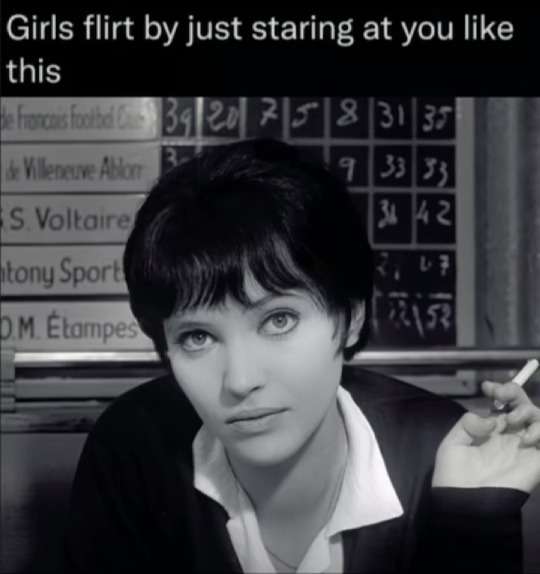
#girlblogging#girlblogger#girly things#whisper girl#ultraviolence#girlhood#anna karina#vivre sa vie#french movie#black and white#old movies#movie photography#romantic academia#esoteric#dark feminine energy#femme fatale#feminine#divine feminine#female manipulator#the feminine urge#coquette girl#romance#lana del rey aesthetic#romanticism#just girly things#hyper feminine#coquettecore#coquette#dream girl#gaslight gatekeep girlboss
374 notes
·
View notes
Text
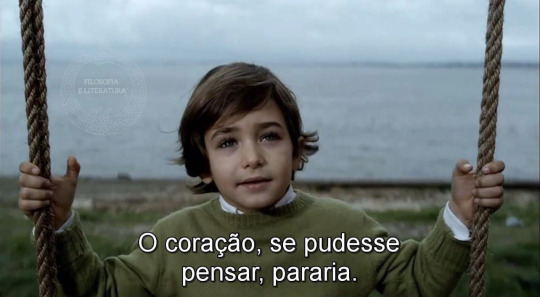
• Filme do Desassossego - 2016.
#aesthetics#aesthetic#aesthetic photography#aesthetics photography#movies#movie#movie scenes#movie quotes#movie photography#film photography#cinema#amor#cinematography#cinemetography#quotes#quotes de amor#literatura#poesia#film#cine#filmes#fernando pessoa#pessoa#fernandopessoa#cultura portuguesa#escritores portugueses#poetas portugueses#poesia portuguesa#trechos#trechos de filmes
279 notes
·
View notes
Text
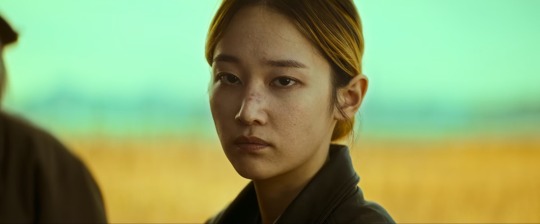
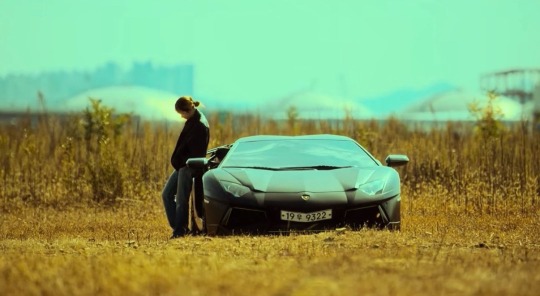
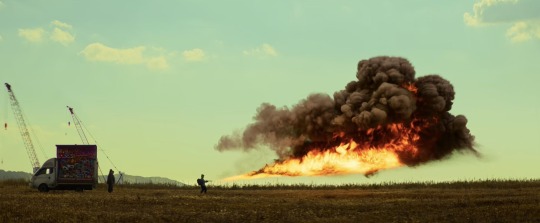
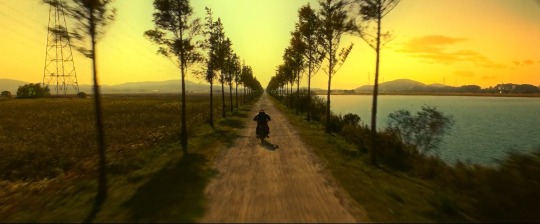
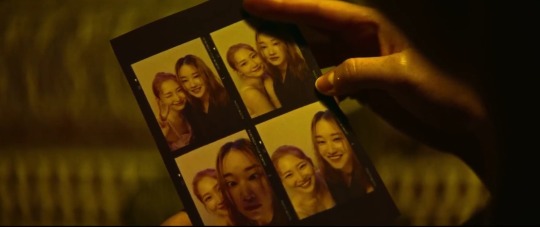
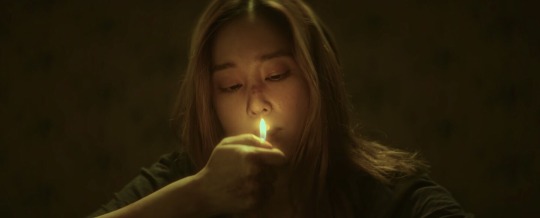


BALLERINA
발레리나 (2023)
105 notes
·
View notes
Text
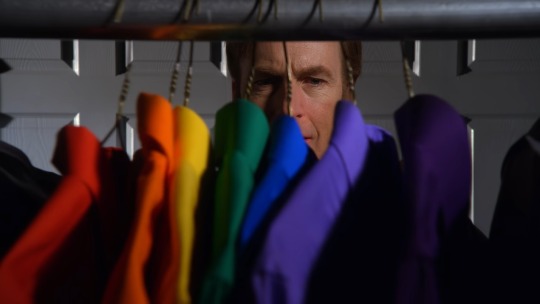
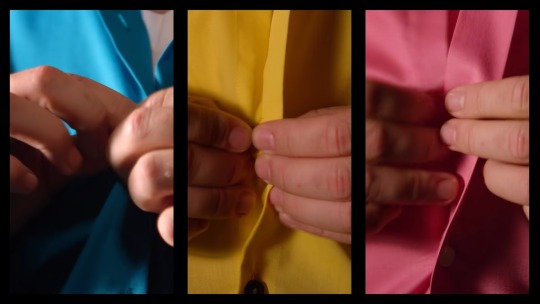
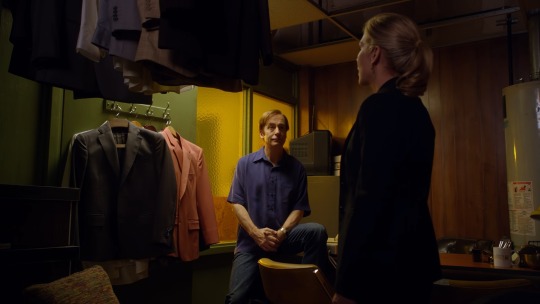
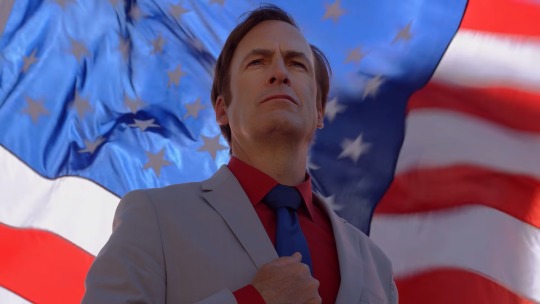

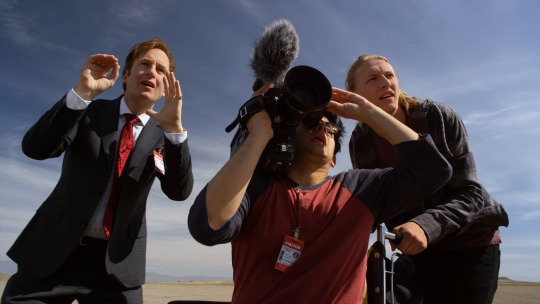

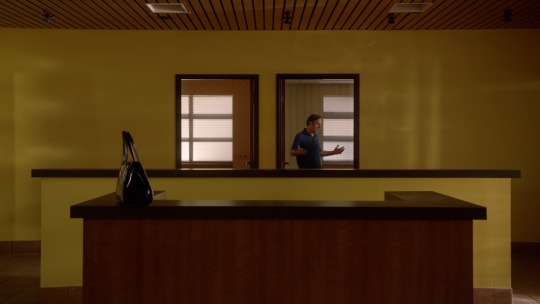
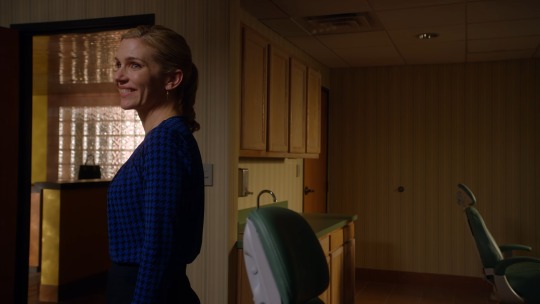
Shots from Better Call Saul S2 - E7-8-9-10
#better call saul#bcs#movie shots#film photography#movie photography#bob odenkirk#jimmy mcgill#kim wexler#rhea seehorn
22 notes
·
View notes
Text
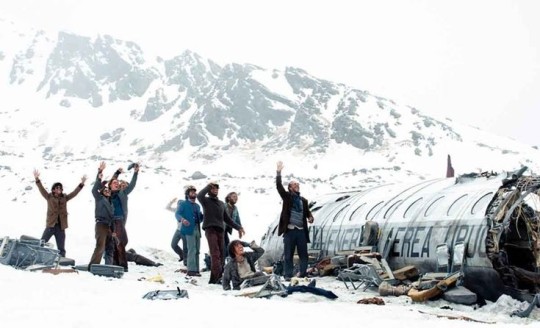
"No hay amor mas grande que el que da la
vida por los amigos."
La sociedad de la nieve 2023 , Dir. J. A. Bayona
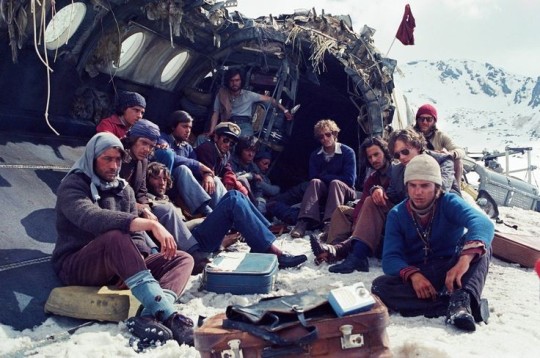
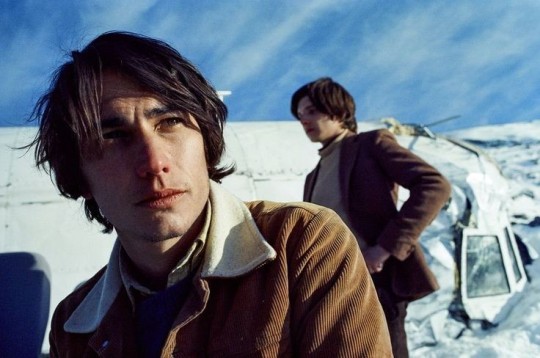
#୨ৎ#la sociedad de la nieve#society of the snow#j. a. bayona#movie#movie moodboard#film#film photography#movie layouts#movie photography
24 notes
·
View notes
Text

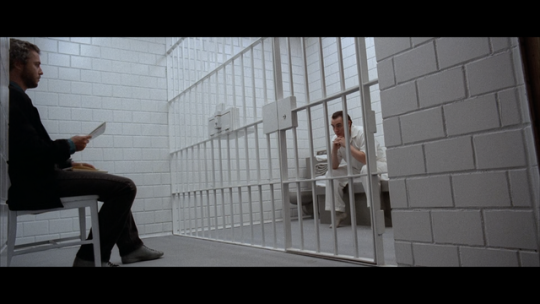
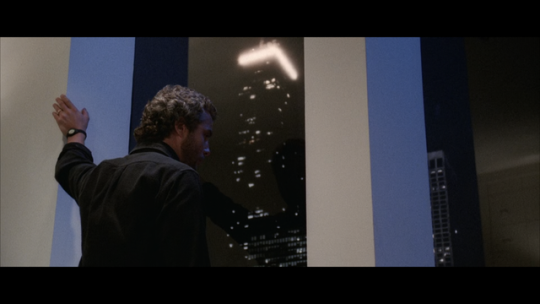

Manhunter (1986)
Directed by Michael Mann
Cinematography by Dante Spinotti
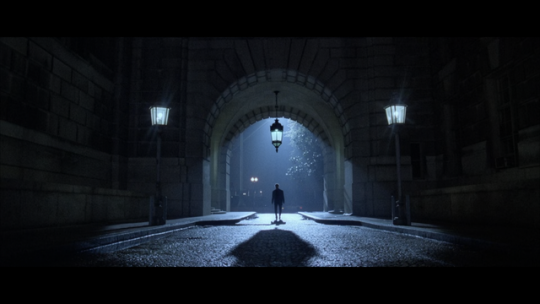
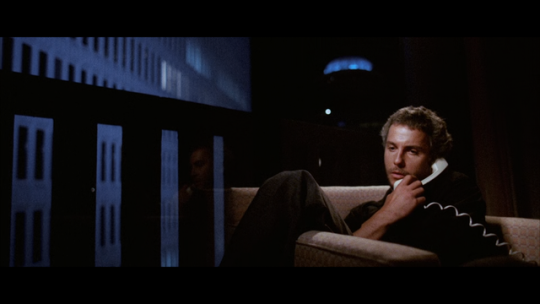


#Manhunter#1986#Michael Mann#Dante Spinotti#William Petersen#Brian Cox#Tom Noonan#Kim Greist#Dennis Farina#Joan Allen#Stephen Lang#Will Graham#Hannibal Lector#Francis Dolarhyde#Hannibal#Red Dragon#movie photography#movie screenshots#film#movies#cinema#cinephile#movie stills#film screencaps#film screenshots#atmospheric#atmosphere#80s movies#thriller#psychological thriller
38 notes
·
View notes
Text
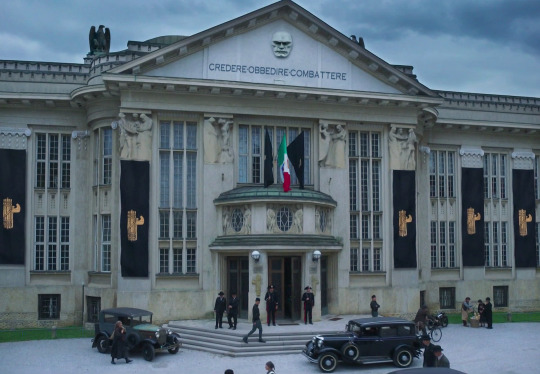
Hotel Portofino (2022)
#film photography#movie photography#cinematography#hotel portofino#italy#italia#fascism#mussolini#fasces
33 notes
·
View notes
Text
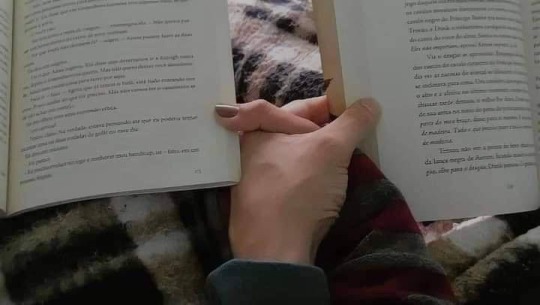
Sometimes home is a person . . .
#arabic quotes#quote#quoteoftheday#movie photography#photo and quote#love quotes#home#اقتباسات#اقتباس#teuba#ادب#ادبيات#تمبلريات#اقتباس ادبي#نصوص#نصوص ادبية#صور#اقتباسات تمبلر#ادباء#اقتباسات عربية#تمبلر بالعربي#تمبلر#اقتباسات عالمية#اقتباسات ادبية#حب#صورة#اقتباسات حب#صورة واقتباس#صوره اليوم
182 notes
·
View notes
Text
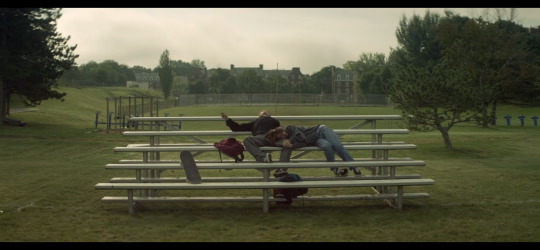

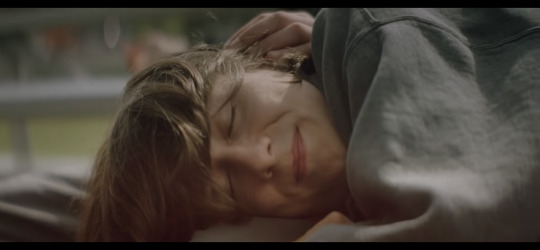
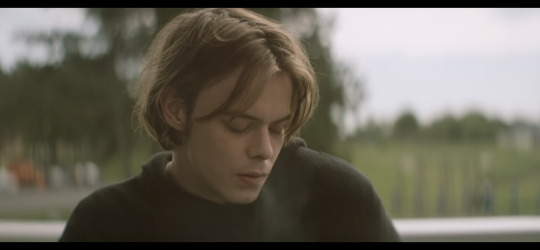
As You Are // 2016
Dir. by Miles Joris-Peyrafitte
252 notes
·
View notes
Text
The Power of Dune Part Two’s Final Act: Stepping Away From the Messiah
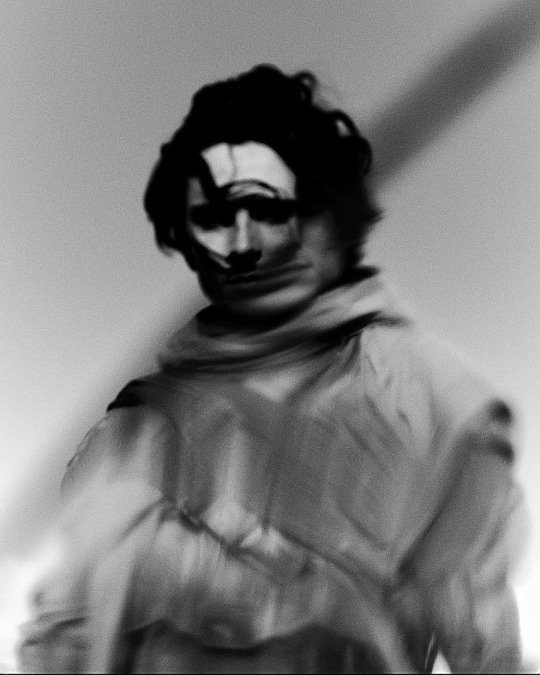
Stunning photo by Jack Davidson
So I didn't think I would be talking about Dune in my first post for this page (considering that I intended it to be more Star Wars focused and also since I haven't read the Dune books yet), but the final stretch of this movie has been on my mind ever since I left the theater a few weeks ago.
(Spoilers for Dune: Part Two)
It's strange in the sense that we are suddenly distanced from Paul, and also in that the climax seems to accelerate the story faster than ever before. So far (in both movies), there has been a pretty strong focus on Paul and a very deliberate pace that let all the plotlines simmer. It’s a masterclass of immersion, both technically and emotionally. The humanity of its characters aren’t lost in the many elements at play. Paul is a character whose empathy and how it makes him conflicted with what is placed before him make him quite likable. Spending so much time with him, Chani, and Stilgar makes us grow attached to them, not just because they’re the heroes, but because they feel real. And yet we’re pushed away. In the third act Paul's dark transformation happens swiftly (you’d initially think from how it’s shown the water of life turns you evil), and by the story’s end we only see Paul from a distance in the eyes of other characters, unable to see him resolving the concerns we’ve wrestled along with him, unable to get a good read on his motivations anymore. The final battles with our heroes happen rather quickly as victory over the Harkonnans and the Emperor comes pretty easily. On one hand this shift could feel unsatisfying, and the first time I watched the movie I was a little unsatisfied. But I’m not here to say this is a fault of the movie; in fact, this shift results in something greater happening, and it’s the most powerful triumph of Part Two’s story.

By the end, even when we do zoom in on Paul we're not sure what's really behind his intensity. (All the Dune screencaps are from Dune Perfect Shots 4K on Twitter).
Dune’s story up until this point, from what I know about these two films at least, is all about complexity, discerning the many variables, the need to carefully monitor both these variables and one's own behavior. The importance of mastering oneself. (This video by Alt Shift X talks about this really well, and it definitely helped me understand this aspect of the story better). But Paul’s tests, like the Gom Jabbar in Part 1 and the worm ride in Part 2, carry not just that significance but also the danger of a prophetic horror being more and more certain. Therein lies an irony - you can gain power but tied to it is something much larger that’s out of your control. This becomes pretty key to the whole story, and there’s something I was reminded of that helped me put all this into perspective. I brought this up in my first-time watch review too, but I think I have more to say about it now. But bare with me as this might end up being convoluted.

In one of my classes this semester we read the poem “The Promised Land” by Gabeba Baderoon, and I was really struck by this image that it alludes to called the Angel of History. Described by Walter Benjamin based on the painting Angelus Novus by Paul Klee, it depicts an angel whose wings get caught in the winds of a destructive storm “blowing from Paradise.” It’s trapped in the storm’s momentum going forwards with no way to escape. All the while, its head is permanently twisted backwards, forced to watch the wreckage of the storm, named progress, gathering below it. From what we discussed in that class this disturbing image suggests that all the events of history, all that we do or achieve or create, is not a series of events affecting each other, but instead one ever-building catastrophe barreling forwards. Both the Bene Gesserit’s century-spanning machinations and Jessica’s usurping of it all by birthing a boy. Whether the Harkonnen house or the Atreides house controls Arrakis. All of these are merely before a future that’s larger than any of them individually; the messiah and his holy war will come regardless. Even if it’s towards her own end rather than that of the Bene Gesserit, Jessica still uses their propaganda to facilitate his rise. The two houses end up converging anyways in their family trees with the Baron, and Muad’dib Atreides embraces it, merging the two families’ ideologies like the Kwizatz Haderach was always intended to. Whether his sudden ruthlessness is him embracing his desire for revenge or actually a strategic choice after sifting through the past and futures laid out, we’re denied of knowing for sure as we look at him from afar, and this denial by the film questions if the answer even matters much. The Angel image and the movie’s narrative dispel the idea that we have the capability to easily fix things when we make progress. It’s a notion that renders reasoning or means as having little ability to empower, envisioning us all moving towards the same horror anyways. It suddenly renders all the complexity of the plot and these competing ideas and factions inconsequential. And I don’t mean that in a bad way — it’s crucial to what the film is really getting at.
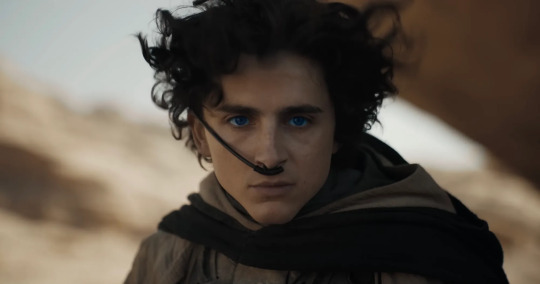
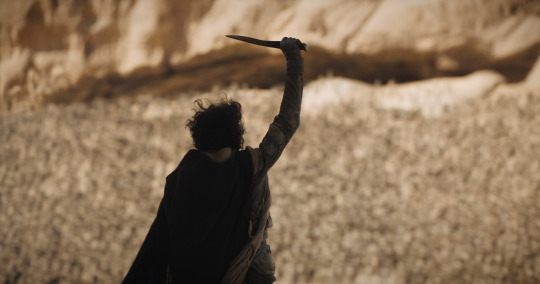
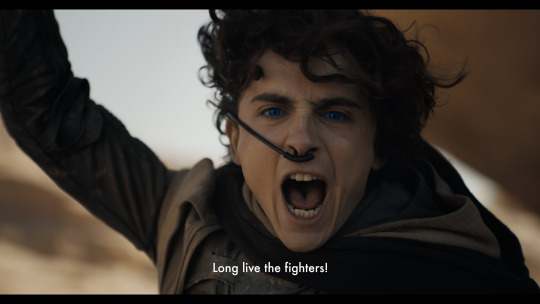
"We're Harkonnens... so that's how we'll survive. By being Harkonnens."

“You of all people should know there are no sides, Reverend Mother.”
Now, it’s fair to question the nihilistic bent of this (are we in the real world truly powerless to stop to this continuous catastrophe???), but the Angel of History and Dune use the stories they put forth as cautionary tales where that all-encompassing bleak endgame are meant to deconstruct our notions of progress and control. If we are powerless to shape history, how strong is the power we wield? And how good is the power we wield? As we strive for “paradise” and celebrate attaining it we often forget what happened as we got there, and we fail to see where we really are. If the reasoning for our actions doesn’t empower us, the effects of them in turn are even more debasing. The Baderoon poem that alludes to the Angel of History does so to examine this too. In its discussion of the end of apartheid and the ushering in of a democratic South Africa, “The Promised Land” weaves in the legacy of the jazz pianist Moses Molekelwa, who, despite influencing the poem’s speaker’s attitudes towards social progress (and appearing as an idol in that sense), is shown as getting off the hook in the eyes of history for strangling his wife to death. The triumph of his music is remembered while his wife’s murder is willfully forgotten, and the poem concludes that “our forgetting is also our home, which is why we will never leave the old country.” Baderoon warns of when the celebration of progress doesn’t factor in the ugly parts we still carry with us into the future, and her allusion to the Angel of History works to convey that danger. (Obviously the real anti-apartheid struggle of South Africa is very very different from the story of Dune, and I wouldn’t want to compare them to each other. Dune’s exploration of complicated progress instead speaks more towards the dangers of charismatic leaders and the co-opting of a cause). The only thing I want to highlight is just that Dune, Baderoon’s poem, and the Angel of History all hone in on the need to not lose sight of the now.


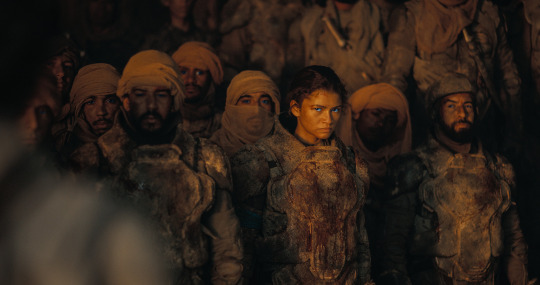
This is why the third act’s shift away from Paul works so well. The film doesn’t show people “forgetting” necessarily, but we do see them caught in the fervor without acknowledging what’s happening to them. Paul is an exception in that he sees it all: his arc sees him changing his perspective on the destiny laid ahead and taking control to ensure it happens on his terms. He doesn’t really turn evil, but since we’re denied of seeing past his new icy exterior as he looks ahead with his prescience, the film instead turns us back to the now, like the angel looking behind. We're with Chani now, the only (non-psychic) person who’s seeing this all. We already believe in Paul’s goodness. If we were to see what Paul sees and fully understand his reasoning, it would make it easy for us to downplay the costs. The story thus has us focus on the consequences of Paul’s path beginning to gather in real time, the Fremen being exploited as they are led into a coming bloodbath by their messiah.
And this is the sadness of it all, right? Things that were once honorable, like Jessica protecting Paul like she promised Leto and the legacy of Leto that Gurney hopes for Paul to carry with him, are twisted into foul and manipulative actions. Good intentions and real connections, like Paul’s empathy, his and Chani’s relationship, and his and Stilgar’s friendship, all give way to the storm.
The quickness of the third act’s events compounds this danger. The path Paul takes may be the best possible option after considering all the variables, but the story doesn’t revel too long in the glory of his successful leadership and strategy.

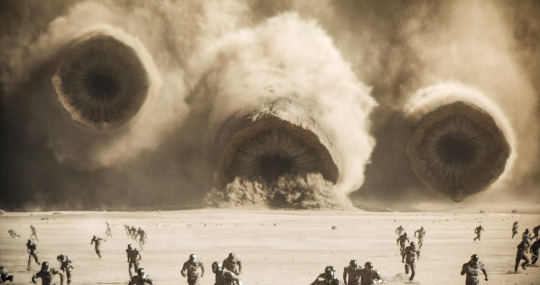
The awe-inspiring images speak not to just heroism but something volatile and intoxicating. It's not that the film oversimplifies the moral dilemmas at stake, but by letting the big battle, Gurney slaying Rabban, and Paul slaying the Baron happen all too easily, it removes the focus from only being the powerful exploits of Paul and the Fremen and adds emphasis on how they become like Harkonnens and how the Fremen become entrenched in Paul’s conquest. The Harkonnen bodies are burned like the Atreides were before them, and the Fremen Fedaykin ultimately fight carrying the Atreides banner instead of their own. They lose sight of this fact as they place all their faith in Paul, their cause and faith co-opted. It happens so fast and it can’t be stopped. We’re caught in the momentum of the storm raging, pushing us forward, and at the same time the film adjusts its focus to ensure that we don’t forget to recognize the consequences of Paul’s choices. This is what I find so compelling about this movie — we’re given a story that details the complexity of all things and also ultimately denies complicated factors and necessary evils of becoming excuses that wave the wreckage of progress away.
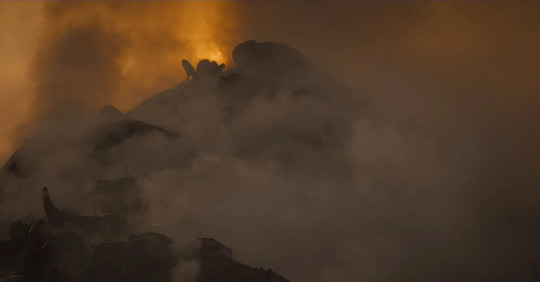
Hopefully this was enjoyable to read and wasn't pretentious or anything! Lemme know what you think about the movie!
#dune#long post#dune part two#dune movie#dune 2#dune part 2#dune 2024#paul atreides#kwisatz haderach#lisan al gaib#angelus novus#angel of history#determinism#frank herbert#denis villeneuve#gabeba baderoon#movies#movie review#movie discussion#movie analysis#film#film analysis#film discussion#media analysis#favorite movies#letterboxd#cinema#movie stills#movie photography#movie adaptation
6 notes
·
View notes
Text
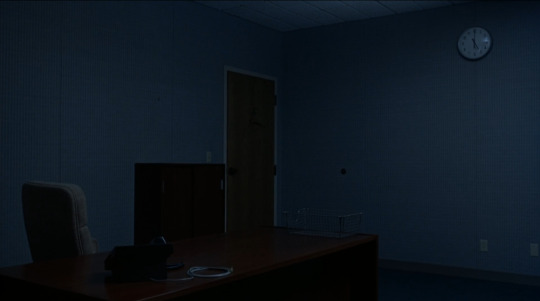

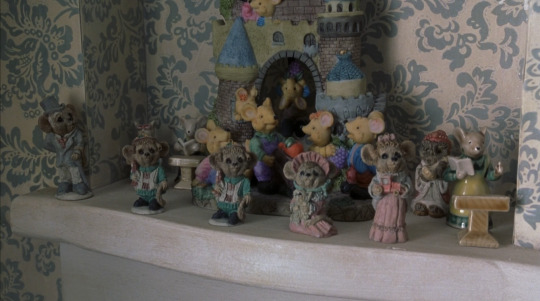
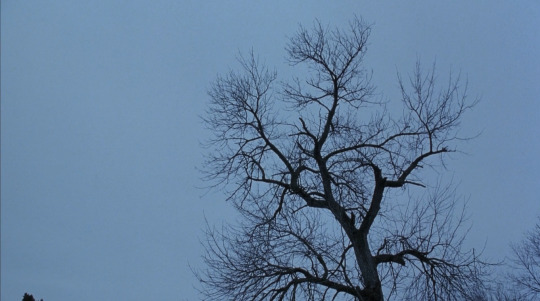

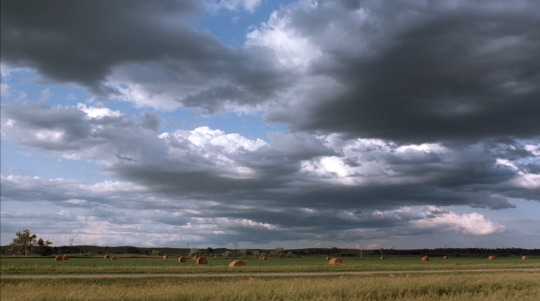
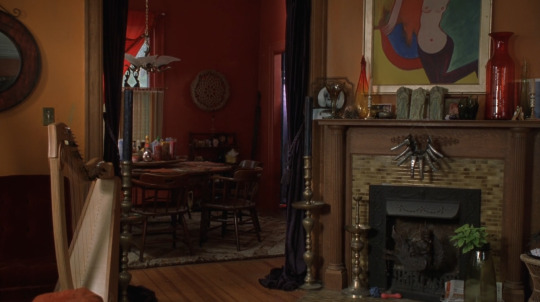
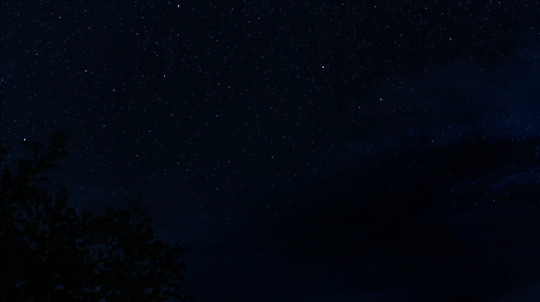

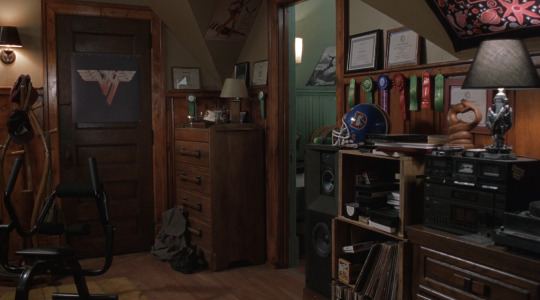
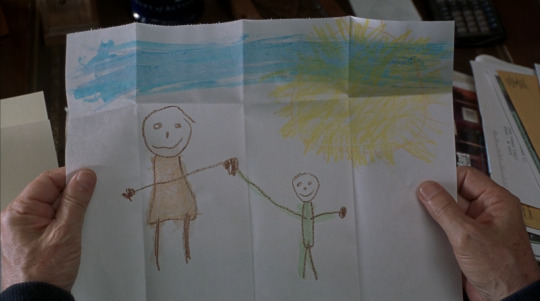
About Schmidt (2002) dir. Alexander Payne
#about schmidt#alexander payne#2000s movie#2000s#jack nicholson#kathy bates#hope davis#dermot mulroney#june squibb#connie ray#len cariou#cheryl hamada#movie photography#filmedit#movieedit#cinema#screencaps#cinematography#cinephile#film stills#movie#film photography
7 notes
·
View notes
Text
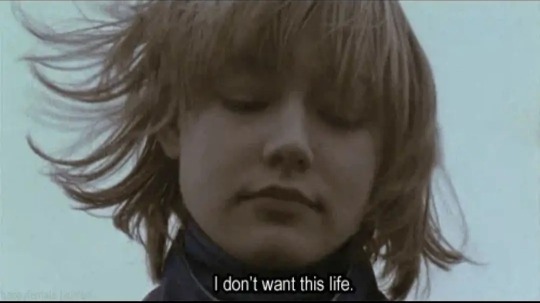
#picture#film photography#photography#film screencaps#film#filmedit#movies#movie photography#lilya 4 ever#cinemetography#cinema#vent blog#vent#quotes#depressing quotes#tw depressing stuff#tw depressing thoughts#tw depressive#tw self destructive behavior#tw selfhate#mental illness#depressing shit#liminal spaces#sadcore#sadgirl#self destruction#shizoposting#su1c1d3#mentally drained#bpd thoughts
956 notes
·
View notes
Text
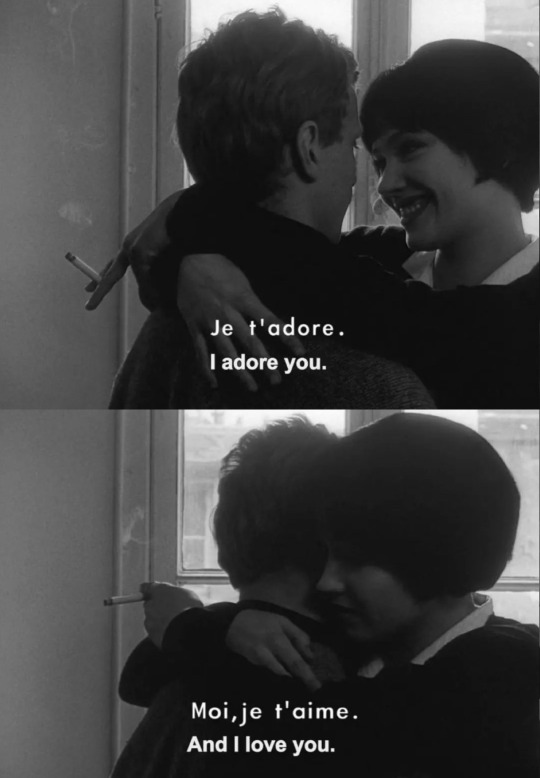
• Jean-Luc Godard - Vivre sa Vie ( 1962 ).
#jean luc godard#jean-luc godard#aesthetics#aesthetic#aesthetic photography#aesthetics photography#cinema#cinematography#cinema aesthetic#movie#movie quotes#movie photography#movies#film#french movie#film photography#p&b#b&w#black and white photography#black and white#scenery#movie scenes#film scenes#photo#photography#landscape#love#lovers#couples#couple
144 notes
·
View notes
Text

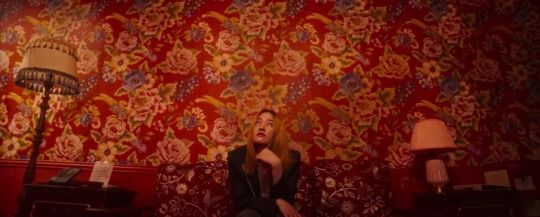

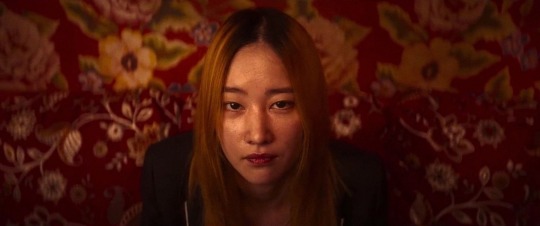
Ballerina (2023) dir. Lee Chung-hyun.
54 notes
·
View notes
Text

🤍 Jamie Bell as Billy (in"Billy Elliot" ) 🤍
#l#love#lovely#pale#pic#photography#photo#movie stills#film stills#film#still#movie#films#movie photography#billy elliot#ballet#dance#dancer#ballerina#ballet dancer#actor#cinema#cinematography#late#late post#1:30 am#dreamy#❤️
10 notes
·
View notes
Text
Behind the scenes photos of My Friend Dahmer



#my friend dahmer#ross lynch#dahmer#jeffrey dahmer#movie photography#film photography#movie#film#derf backderf#mark meyers#alex wolff
38 notes
·
View notes